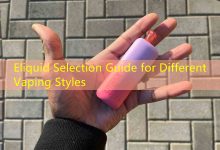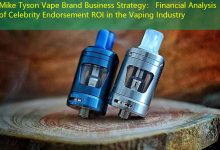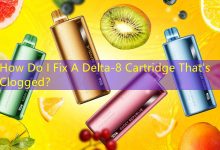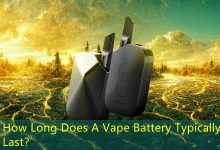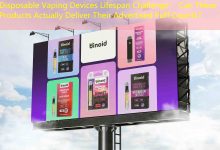1
近年では, VAPEの人気はさまざまな地域で急上昇している, ブリスベンを含む. 喫煙の代替手段として電子タバコを利用する人が増えるにつれて, この慣行を取り巻く規制の必要性がますます高まっている. 更新された規制は、消費者の安全と公衆衛生の両方を確保することを目的としています, 販売に関する懸念に対処する, 広告, および電子タバコ製品の使用. この記事は、ブリスベンにおける電子タバコに関する現在の規制状況の包括的な概要を提供することを目的としています。.
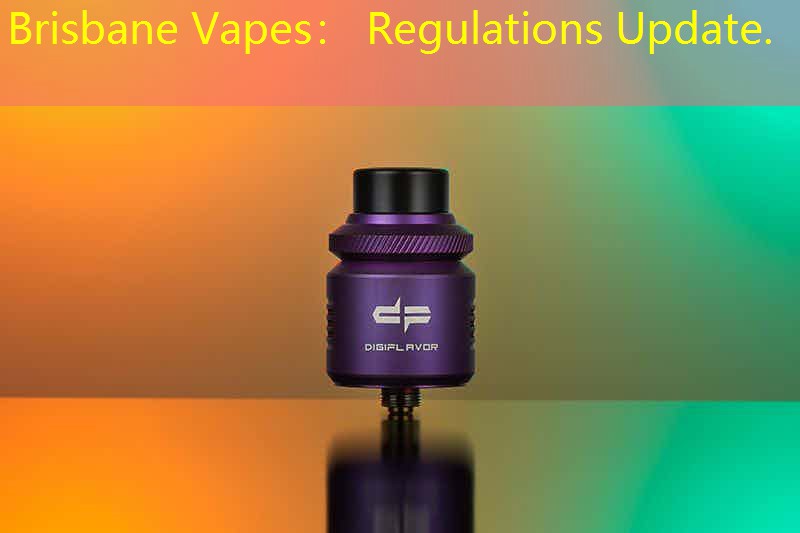
2
クイーンズランド州政府は、電子タバコ製品とその使用を規制するためにいくつかの措置を講じています. 主な規制には年齢制限が含まれます, 小売業者向けの販売ライセンス, および電子タバコが許可される場所に関するガイドライン. These regulations are intended to prevent young people from accessing vaping products and to limit the exposure of non-smokers to vapor. Compliance with these laws is crucial for businesses and individuals alike to avoid potential fines and penalties.
3
One significant aspect of the updated regulations is the age limit imposed on the purchase and use of vaping products. Individuals must be at least 18 years old to buy vaping devices or e-liquids. Retailers are required to request proof of age from customers, ensuring the responsible sale of these products. This regulation is part of a broader strategy to reduce nicotine addiction rates among younger populations, acknowledging that early exposure to nicotine can lead to long-term dependency.
4
さらに, Brisbane has placed restrictions on public vaping. Many public places, including parks, public transport, and near schools, have been designated ‘no vaping’ areas. This is intended to protect non-smokers and children from second-hand vapor exposure, as well as to promote a healthier community atmosphere. These restrictions are similar to existing laws on tobacco smoking and reflect a growing recognition of the potential risks associated with vaping.
5
Another important component of the regulations pertains to the advertising of vaping products. The government has implemented strict advertising guidelines that prohibit misleading claims about the health benefits of vaping compared to smoking. Advertisements must be factual and cannot target minors. This is vital in combating the misconception that vaping is entirely safe, as ongoing research continues to shed light on the long-term effects of using these products.
6
For manufacturers and retailers, compliance with the updated regulations is critical to their business operations. The Queensland Government has established a framework for the registration and licensing of vaping suppliers. Retailers are required to adhere to strict inventory control and product labeling standards. さらに, penalties for non-compliance can be severe, with fines and potential revocation of business licenses, highlighting the seriousness of these regulations.
7
Consumer education is also a focus of the regulatory updates. The government is actively promoting awareness campaigns to inform the public about the risks associated with vaping. These initiatives aim to equip consumers with the knowledge they need to make informed choices about vaping products. In addition to health risks, the campaigns also highlight the importance of proper disposal of used vaping products and the environmental implications of vaping waste.
8
As the landscape surrounding vaping continues to evolve, it remains crucial for consumers, retailers, and policymakers to stay informed about ongoing changes in regulations. The Queensland Government has committed to reviewing the effectiveness of current policies and adjusting them as necessary to respond to emerging trends. Regular assessments will help ensure that vaping regulations are aligned with public health goals and effectively safeguard the community.
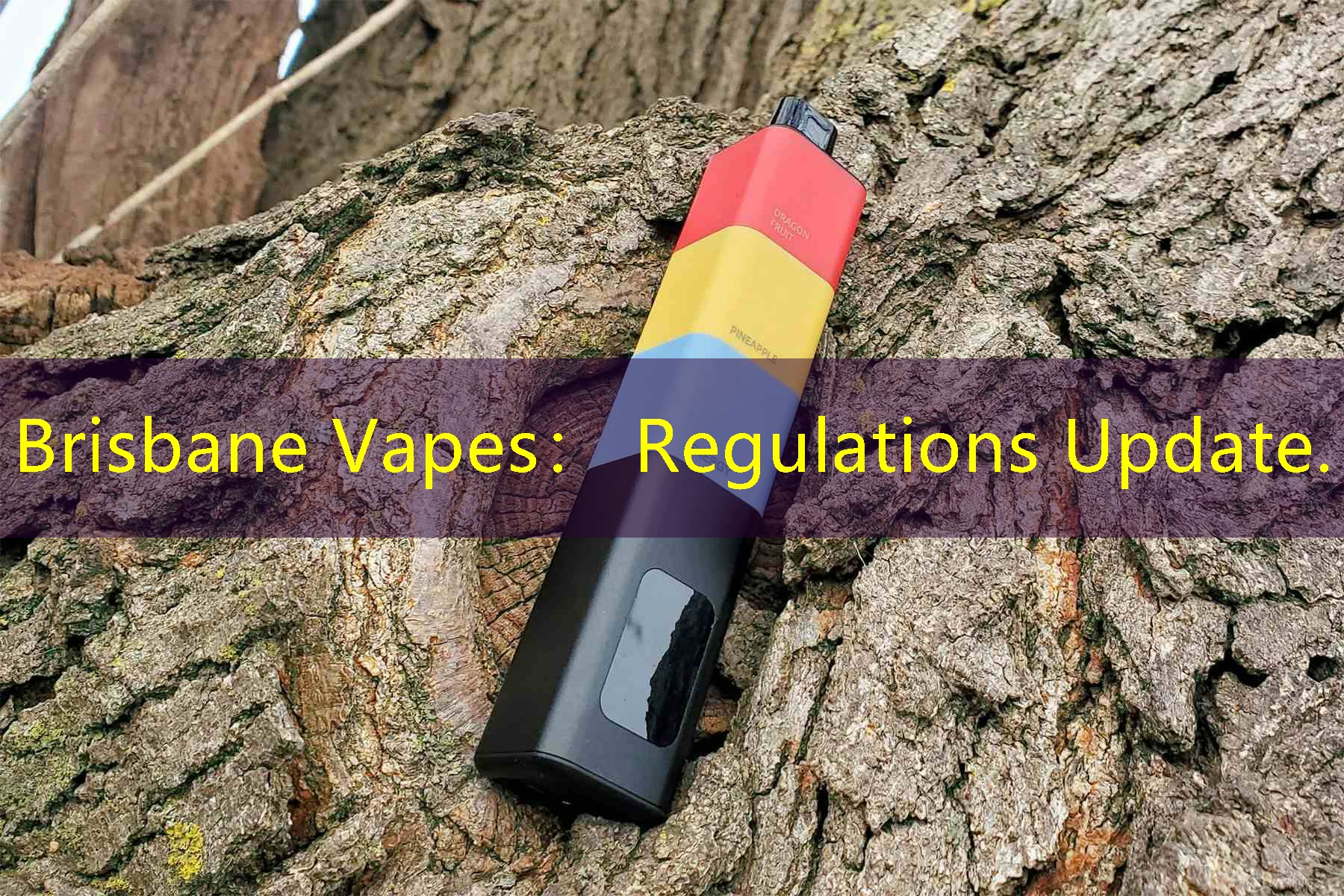
9
Looking forward, it is essential to consider the implications of these vaping regulations on the community. Many stakeholders are concerned about the balance between personal choice and public health. As the debate continues, it is expected that future regulations will further adapt to the evolving perceptions and scientific understanding of vaping.
10
What are the main regulations regarding vaping in Brisbane? The primary regulations include an age restriction of 18 years for purchasing vaping products, sales licensing for retailers, limitations on public vaping in specified areas, advertising guidelines to prevent misleading information, and a framework for product registration and labeling. These regulations collectively aim to protect consumers, particularly young individuals, while promoting public health.
11
How do the updated regulations affect retailers and manufacturers? Retailers and manufacturers must comply with a strict set of regulations including obtaining necessary licenses, implementing inventory control measures, and adhering to labeling standards. Non-compliance can lead to significant penalties including fines and loss of business licenses. It’s vital for businesses in the vaping industry to navigate these regulations carefully to avoid legal repercussions.
12
What measures are being taken to educate consumers about the risks of vaping? The Queensland Government is actively promoting education campaigns aimed at informing the public about the health risks associated with vaping. These campaigns emphasize the importance of making informed decisions, understanding the potential addiction to nicotine, and the environmental impact of vaping waste. The goal is to empower consumers with accurate information to encourage responsible use of vaping products.
